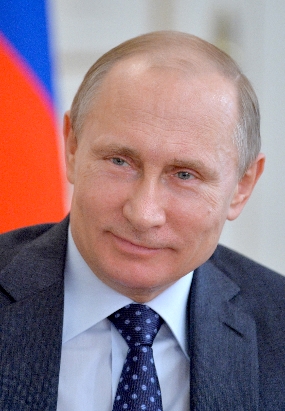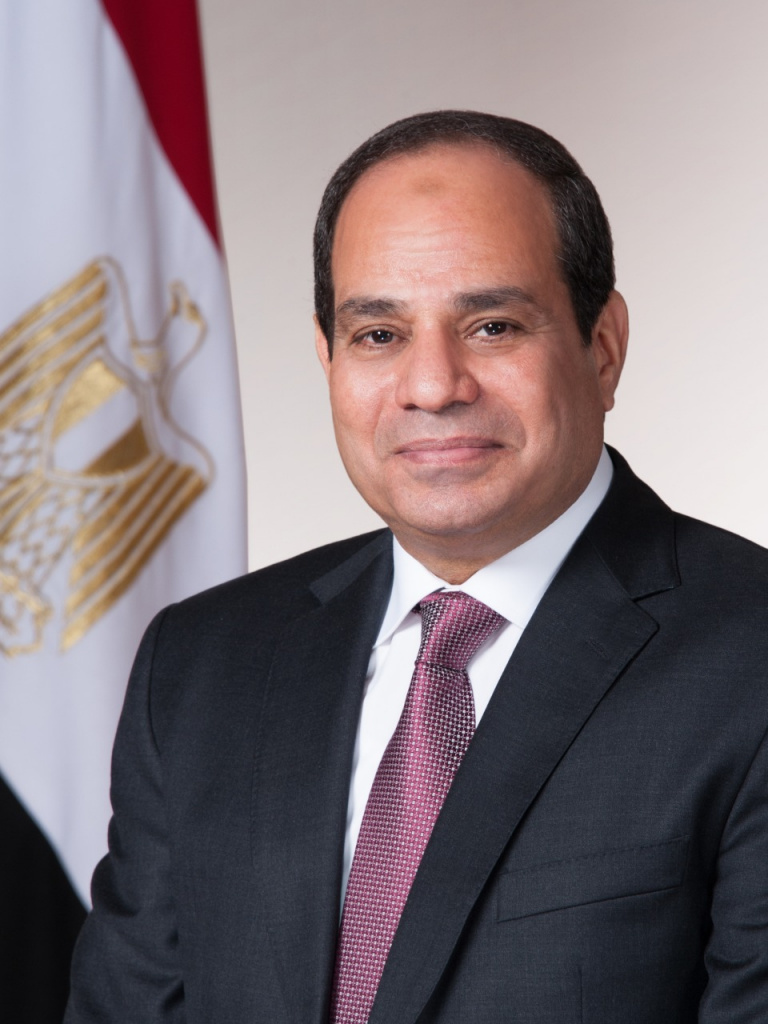Experts Discuss Enhanced Cooperation in Nuclear Energy During Session ‘Nuclear Technologies for the Development of African Region’
On 27 July, the business programme of the Second Russia–Africa Summit and Economic and Humanitarian Forum (track ‘Cooperation in Science and Technology’) opened with the panel discussion entitled ‘Nuclear Technologies for the Development of African Region’. It was held with the support of the State Atomic Energy Corporation Rosatom and moderated by Ruslan Edelgeriyev, Advisor to the President of the Russian Federation; Special Presidential Representative on Climate Issues. The speakers at the session included Alexey Likhachev, Director General, State Atomic Energy Corporation Rosatom; Doto Mashaka Biteko, Minister of Minerals of the United Republic of Tanzania; Princess Mthombeni, Founder, Africa4Nuclear; Nuclear Communication and Technology Specialist of South Africa; Fidele Ndahayo, Chief Executive Officer, Rwanda Atomic Energy Board; Ibrahim Uwizeye, Minister of Hydraulics, Energy and Mining of the Republic of Burundi; Amged El-Wakeel, Chairman of the Board, Nuclear Power Plants Authority of the Arab Republic of Egypt, and others.
The discussion was opened by its moderator, Ruslan Edelgeriyev, Advisor to the President of the Russian Federation; Special Presidential Representative on Climate Issues. “The African continent is home to more than one billion people, and it is predicted that by 2050, Africa’s population will triple and make up about one-third of the world’s total population. Africa is growing faster than ever, and in the near future, a very large part of its population will have an improved quality of life. But without stable access to energy and a developed energy system, no development is possible,” said Mr. Edelgeriyev.
The experts agreed that one of the strategic tasks facing every state in the modern world is the introduction of technologies that will ensure energy security, guarantee the sustainable development of various sectors of the economy, and increase the scientific and human resource potential of the country.
“Africa is on its way from being one fifth of the world’s population to one third. At the same time, if you look at electricity generation globally, last year, approximately 30 trillion kilowatt hours of electricity was generated on the planet, while Africa generated less than one. And in that sense, this disparity cannot be sustained for long,” said Alexey Likhachev. “It is clear that states on the African continent will be actively engaged in building power generation capacity in the coming decades,” added Director General of Rosatom.
Mohamed Shaker El-Markabi, Minister of Electricity and Renewable Energy of Egypt, said that the development of nuclear energy in his country in co-operation with Rosatom has a positive impact on all spheres of life and work. “We expect the number of jobs to increase ninefold. In addition, the country’s development strategy until 2035 states that by that time renewable energy sources should account for about 42% - nuclear power can help us with this.”
“Right now, only more than 70% of our population has access to electricity," said Fidele Ndahayo, Chief Executive Officer, Rwanda Atomic Energy Board. According to the speaker, nuclear energy can remedy this situation. “Nuclear power is about reliability. Nuclear power is not just about money. All studies show: it leads to economic growth in all spheres of life.”
Doto Mashaka Biteko, Minister of Minerals of the United Republic of Tanzania said, “We already have a uranium programme, but we now want to look at new technologies from other countries. We need to add 10% to our GDP, and uranium is one of them. We want to breathe new life into our projects, and we invite everyone to do so. About 30% of our people live below the poverty line, we want to improve their quality of life. We have natural resources. God has given us everything we need, so we will achieve everything.”
Ibrahim Uwizeye, Minister of Hydraulics, Energy and Mining of the Republic of Burundi, said: “I visited the Leningrad NPP. I am impressed. We need energy self-sufficiency, and we will soon sign an agreement with Rosatom to achieve it.”
“Africa is the next stage in the development of global nuclear energy. All eyes will now be on what Russia is offering to its friends at this Forum. What is done today will be inherited by the next generations. If we do not address the energy challenge, Africa’s youth will be vulnerable. For the sake of Africa’s sustainable development, African countries should accept the proposals that come from Russia. Unfortunately, the world media is against Africa–Russia cooperation in the field of nuclear energy. It becomes even more important to properly inform the public. Africans are tired of living in darkness,” said Princess Mthombeni, Founder, Africa4Nuclear; Nuclear Communication and Technology Specialist of South Africa.


